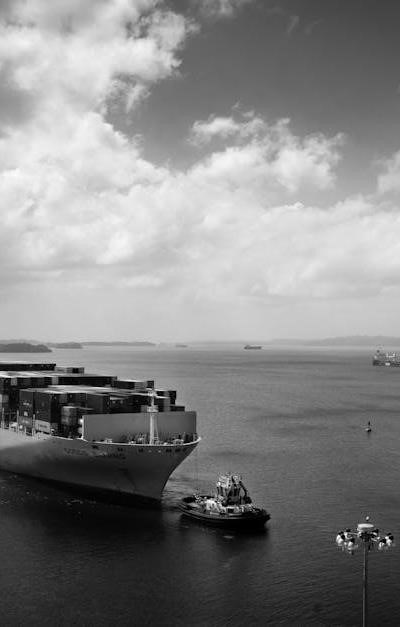
Importing goods, including “CCs” (assuming this refers to specific commodities – the process is broadly similar regardless), is a complex undertaking governed by a web of international trade laws and import regulations. Successful importing requires meticulous attention to compliance, accurate documentation, and a thorough understanding of the import process. Failure to adhere to these rules can result in significant delays, penalties, and even sanctions.
Understanding the Import Landscape
The journey begins long before the goods arrive at the border. Trade compliance starts with risk assessment and due diligence. Identifying the correct HS codes (Harmonized System codes) is crucial; these codes determine import duties and tariffs, and dictate applicable import restrictions. Origin rules determine where a product is considered to be from, impacting preferential treatment under trade agreements.
Key Regulatory Areas
- Customs Clearance: The process of submitting documentation to border control authorities to allow goods entry. Often facilitated by customs brokers.
- Import Duties & Tariffs: Taxes levied on imported goods, calculated based on HS code and value.
- Import Licenses & Permits: Required for certain goods, depending on the country of origin and the nature of the product. Import permits are often needed for agricultural products.
- Product Standards & Certificates of Conformity: Many countries require proof that imported goods meet specific safety and quality standards. Certificates of conformity demonstrate this.
- Labeling Requirements: Specific information must be displayed on product packaging, varying by country.
- Shipping Regulations: Governing the transportation of goods, including packaging, handling, and carrier requirements.
- Import Controls: Measures taken by governments to regulate the flow of goods, including quotas and prohibitions.
Documentation: The Cornerstone of Compliance
Accurate and complete documentation is paramount. Essential documents include:
- Commercial Invoice
- Packing List
- Bill of Lading/Air Waybill
- Import licenses (if required)
- Certificates of conformity (if required)
- Phytosanitary certificates (for plants/agricultural products)
- Veterinary certificates (for animal products)
- Insurance Certificate
The Role of Professionals
Navigating this complexity often necessitates the assistance of professionals. Customs brokers specialize in customs clearance and can guide you through the process. Freight forwarding companies manage the logistics of transportation. Both play vital roles in a smooth supply chain.
Incoterms and Their Impact
Incoterms (International Commercial Terms) define the responsibilities of buyers and sellers regarding costs, risks, and documentation; Choosing the correct Incoterm is crucial for a clear understanding of obligations.
Beyond Import: Related Considerations
While focusing on import, awareness of export controls in the originating country is also important. These controls can impact the availability of certain goods.
Non-compliance can lead to severe consequences, including fines, seizure of goods, and reputational damage. Proactive compliance, thorough documentation, and leveraging the expertise of customs brokers and freight forwarding agents are essential for successful and legally sound importing.




Excellent article! The breakdown of regulatory areas is particularly useful. I appreciate the emphasis on documentation; it
This is a really solid overview of the importing process! It